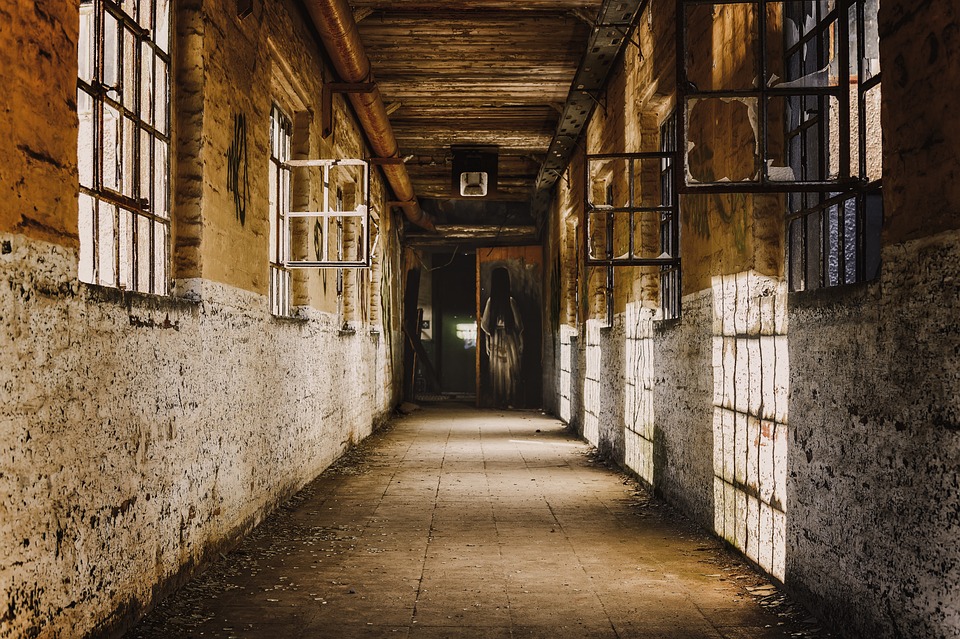
The Ghostly Presence in Music: The Rise of Ghost Singers
In the world of music, the term “ghost singer” refers to a vocalist who performs the vocals on a recording but is not credited for their work. Ghost singers have been a part of the music industry for decades, providing their vocals to artists who may not have the vocal ability to perform certain songs. While some ghost singers are known within the industry, many choose to remain anonymous and work behind the scenes.
What is a Ghost Singer?
A ghost singer is a professional vocalist who is hired to record vocals for a song, album, or performance. These singers often have the ability to mimic the voice of the original artist, allowing them to seamlessly blend into the recording or performance without the listener noticing that a different vocalist is singing.
Ghost singers are commonly used in situations where an artist may not have the vocal range or skill to perform a particular song. For example, a pop singer with a limited vocal range may hire a ghost singer to perform the high notes in a ballad, or a rock band may hire a ghost singer to perform backing vocals on a studio recording.
The History of Ghost Singers
Ghost singers have been used in the music industry for decades, with their origins dating back to the early days of recorded music. In the 1940s and 1950s, record labels would often hire session singers to perform vocals for artists who were unable to attend recording sessions or who did not have the vocal ability to record certain songs.
One of the most famous ghost singers in history is Marni Nixon, who provided the singing voice for actresses in several classic films, including Audrey Hepburn in “My Fair Lady” and Natalie Wood in “West Side Story.” Nixon’s talent as a ghost singer helped bring some of the most iconic musical moments in film history to life.
The Rise of Ghost Singers in Modern Music
In recent years, the use of ghost singers in modern music has become more prevalent, with vocalists being hired to perform vocals on studio recordings, live performances, and even music videos. With the rise of auto-tuning and digital manipulation of vocals, it has become easier for ghost singers to seamlessly blend their voices with the original artist’s, creating a seamless and polished final product.
Some of the biggest names in music have used ghost singers on their recordings. Artists like Beyoncé, Madonna, and Britney Spears have all employed ghost singers to perform vocals on their albums, allowing them to achieve a certain sound or vocal range that they may not be able to achieve on their own.
The Controversy Surrounding Ghost Singers
While ghost singers have long been a part of the music industry, their use has not been without controversy. Some critics argue that the use of ghost singers is deceptive and takes away from the authenticity of the music. They believe that listeners should know when a singer is using a ghost singer, as it can change the way they perceive the artist’s talent.
On the other hand, supporters of ghost singers argue that they provide a valuable service to artists who may not have the vocal ability to perform certain songs. They believe that ghost singers help artists achieve their artistic vision and create a polished final product that is enjoyable for listeners.
The Future of Ghost Singers in Music
As technology continues to advance and the music industry evolves, the role of ghost singers is likely to become even more prominent. With the ability to digitally manipulate vocals and create seamless collaborations between artists, ghost singers provide a valuable service to artists looking to create a certain sound or achieve a specific vocal range.
In the future, we may see more artists openly credit ghost singers on their recordings and performances, allowing them to receive recognition for their work. As the stigma surrounding ghost singers begins to fade, we may see more vocalists stepping into the spotlight and sharing their talents with the world.
In conclusion, ghost singers have played a significant role in the history of music and continue to be a valuable asset to artists in the modern music industry. Whether providing vocals for studio recordings, live performances, or music videos, ghost singers help artists achieve their artistic vision and create a polished final product that is enjoyable for listeners. As the music industry continues to evolve, ghost singers will likely remain a presence in music, helping artists create the perfect sound and reach new heights in their careers.